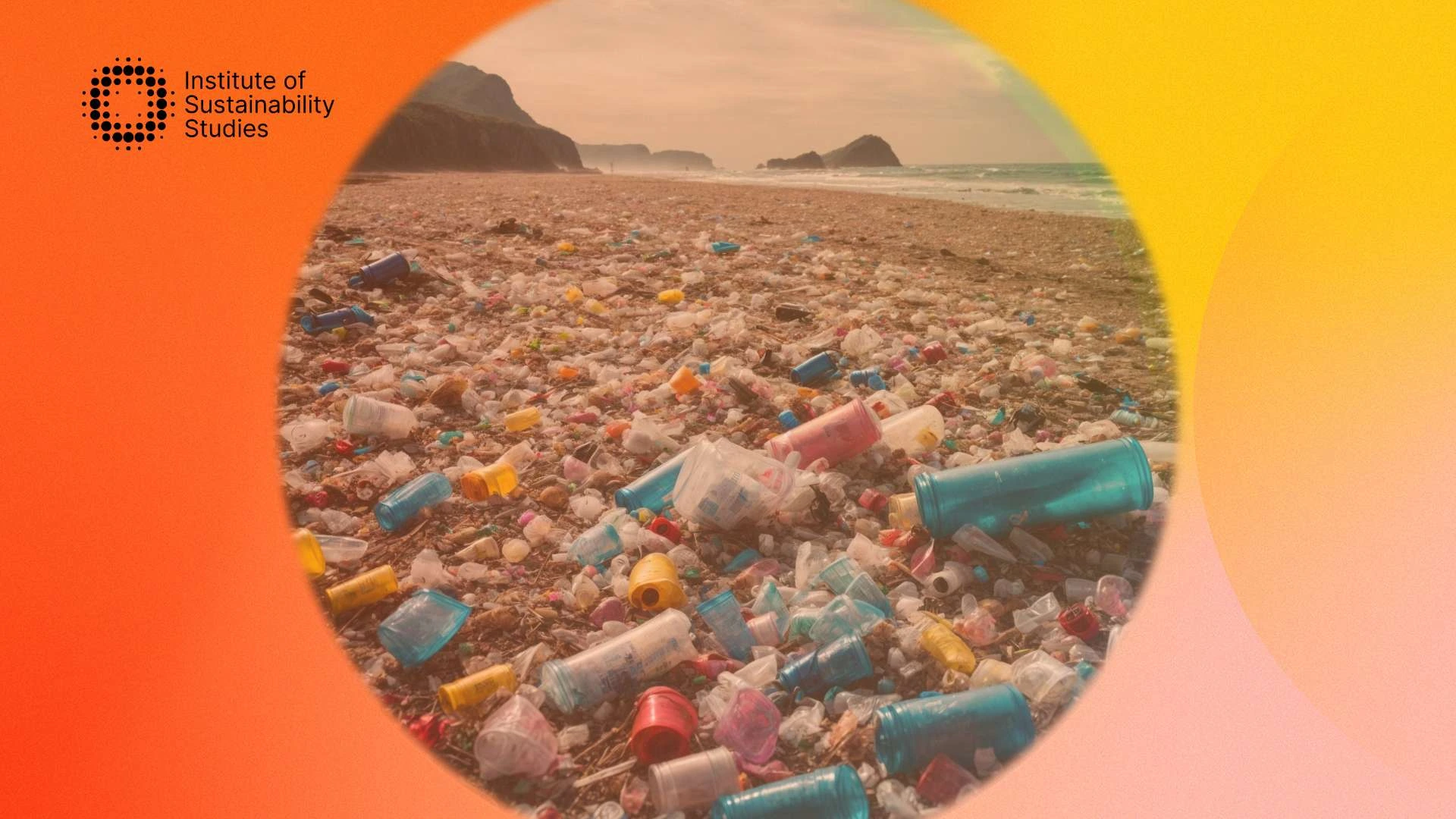You’ve heard of the circular economy, which challenges our current economic model but have you learned about the blue economy? Two-thirds of our earth is covered by oceans and seas, and if we manage them responsibly, they can provide incredible resources for generations to come, contributing significantly to environmental sustainability.
This includes energy, medicine, and food while protecting our ocean ecosystems. In order to do this, though, we need to gain a better understanding of our seas and oceans. This is where the Blue Economy comes in, which is helping us to better comprehend our oceans and seas and how we can utilise their resources to achieve a more sustainable world.
What is the blue economy?
The Blue Economy refers to the sustainable use of ocean resources for economic growth and improved jobs and livelihoods while preserving the health of the ocean ecosystem. It refers to all economic activities that relate to our coasts, seas, and oceans and covers a wide range of sectors.
The Blue Economy aims to promote oceans-related sectors, economic growth, and activities while preserving blue resources to fight the effects of climate change on coastal areas. It offers a vision of having more efficient ocean and land management, lowered greenhouse gas emissions, and improved governance of marine ecosystems.
The Blue Economy assists with climate mitigation by developing offshore renewable energy, greening ports and decarbonising maritime transport. This economic model also helps us become more circular by renewing the standards for ship recycling, fishing gear design, and the decommissioning of offshore platforms. Not to mention, through the development of green infrastructure in coastal areas to boost biodiversity while benefiting the coastal economy and tourism industry.
Exploring innovative business models that address environmental threats within the Blue Economy
A wide range of business sectors, from emerging to conventional, are included in the Blue Economy umbrella. These include marine ecosystem services, marine biotechnology, tourism, sea shipping, fisheries, renewable energy, aquaculture, port activities, and many more.
Entrepreneurs and start-ups play a major role in innovation processes, and many are already establishing models that address environmental threats within the Blue Economy. Unfortunately, many of these SMEs with stellar solutions are struggling to secure investment to scale up their projects.
However, some have managed to scale despite the funding challenges. For example, HydroWing provides cost-effective, reliable and scalable tidal power via maintenance and operations-driven design. The business aims to advance through deployment of an innovative tidal energy converter to provide reliable, predictable and cost-effective power to communities worldwide.
Another example of an SME providing innovative solutions which challenge issues within the Blue Economy is SEAentia, a science-based aquaculture company. The Portuguese start-up was founded in 2017 and produces fish in a more sustainable manner. They do this by combining new production methods with latest scientific research and technologies.
Summary
Our oceans and seas are part of our future economy and hold significant potential for growth and innovation. The Blue Economy unlocks opportunities that assist with jobs and economic growth. Not to mention, it helps us mitigate the effects of climate change and protect precious and important ecosystems.
Dedicated to harnessing the power of storytelling to raise awareness, demystify, and drive behavioural change, Bronagh works as the Communications & Content Manager at the Institute of Sustainability Studies. Alongside her work with ISS, Bronagh contributes articles to several news media publications on sustainability and mental health.
- Bronagh Loughlinhttps://instituteofsustainabilitystudies.com/insights/author/bronagh/
- Bronagh Loughlinhttps://instituteofsustainabilitystudies.com/insights/author/bronagh/
- Bronagh Loughlinhttps://instituteofsustainabilitystudies.com/insights/author/bronagh/
- Bronagh Loughlinhttps://instituteofsustainabilitystudies.com/insights/author/bronagh/









